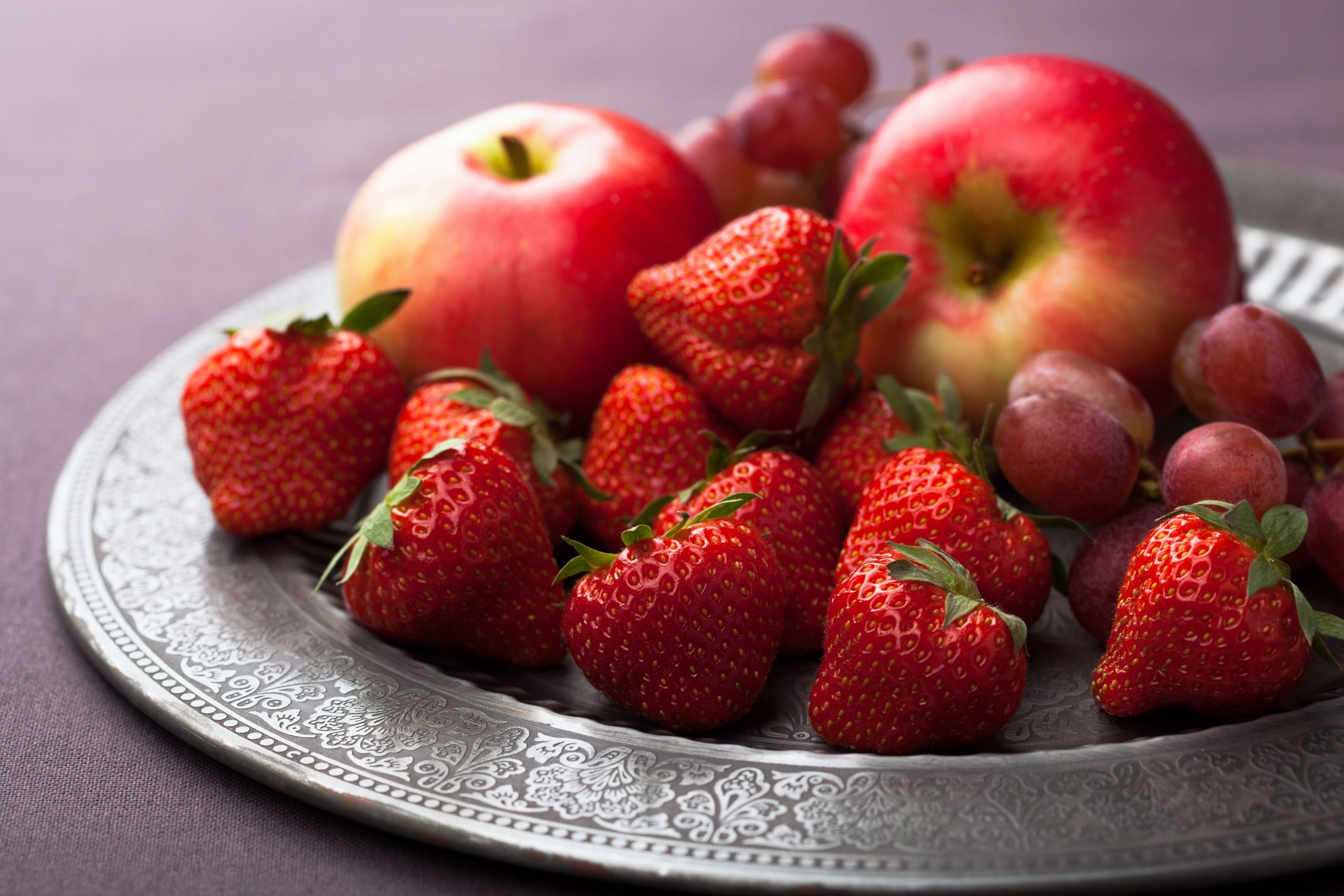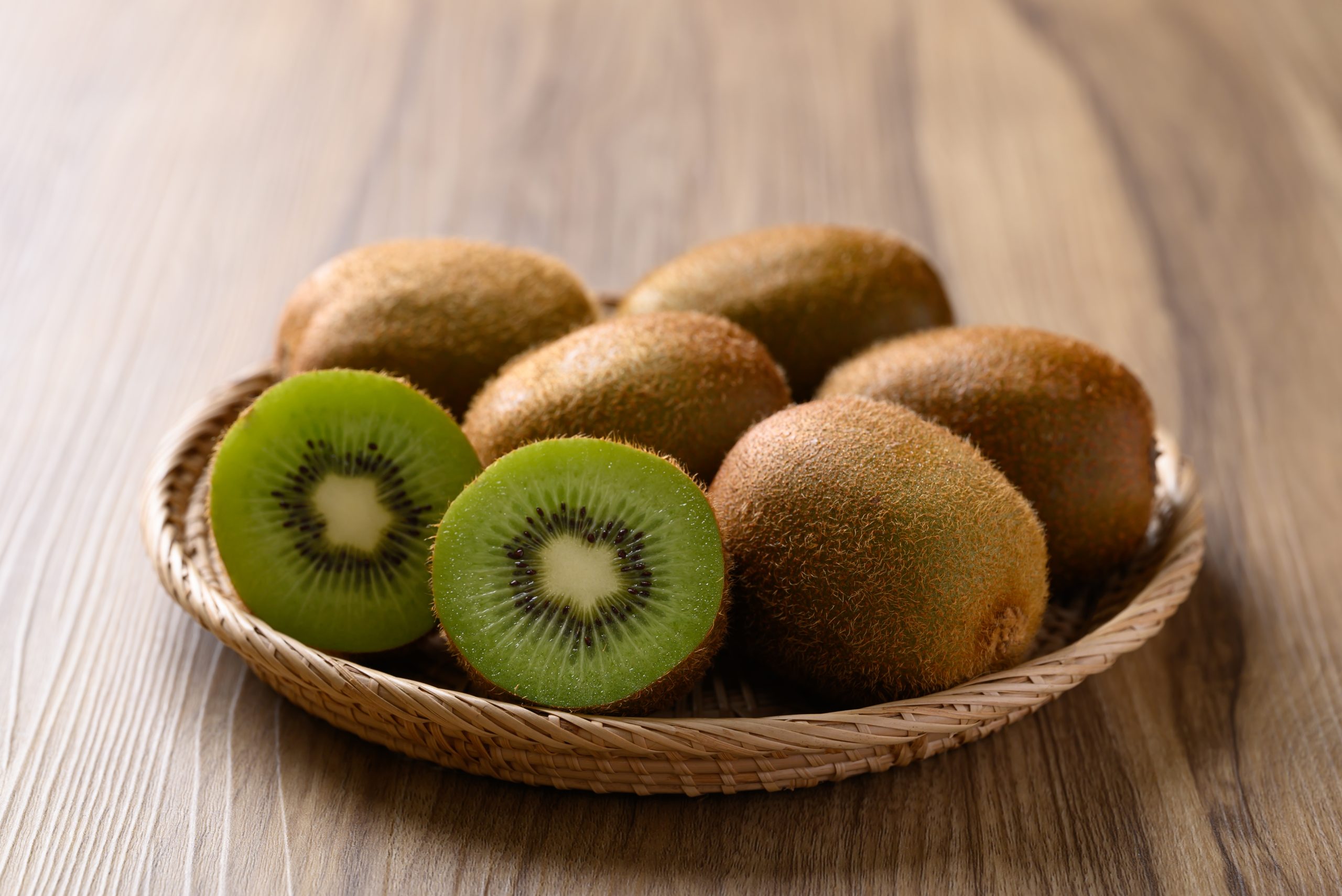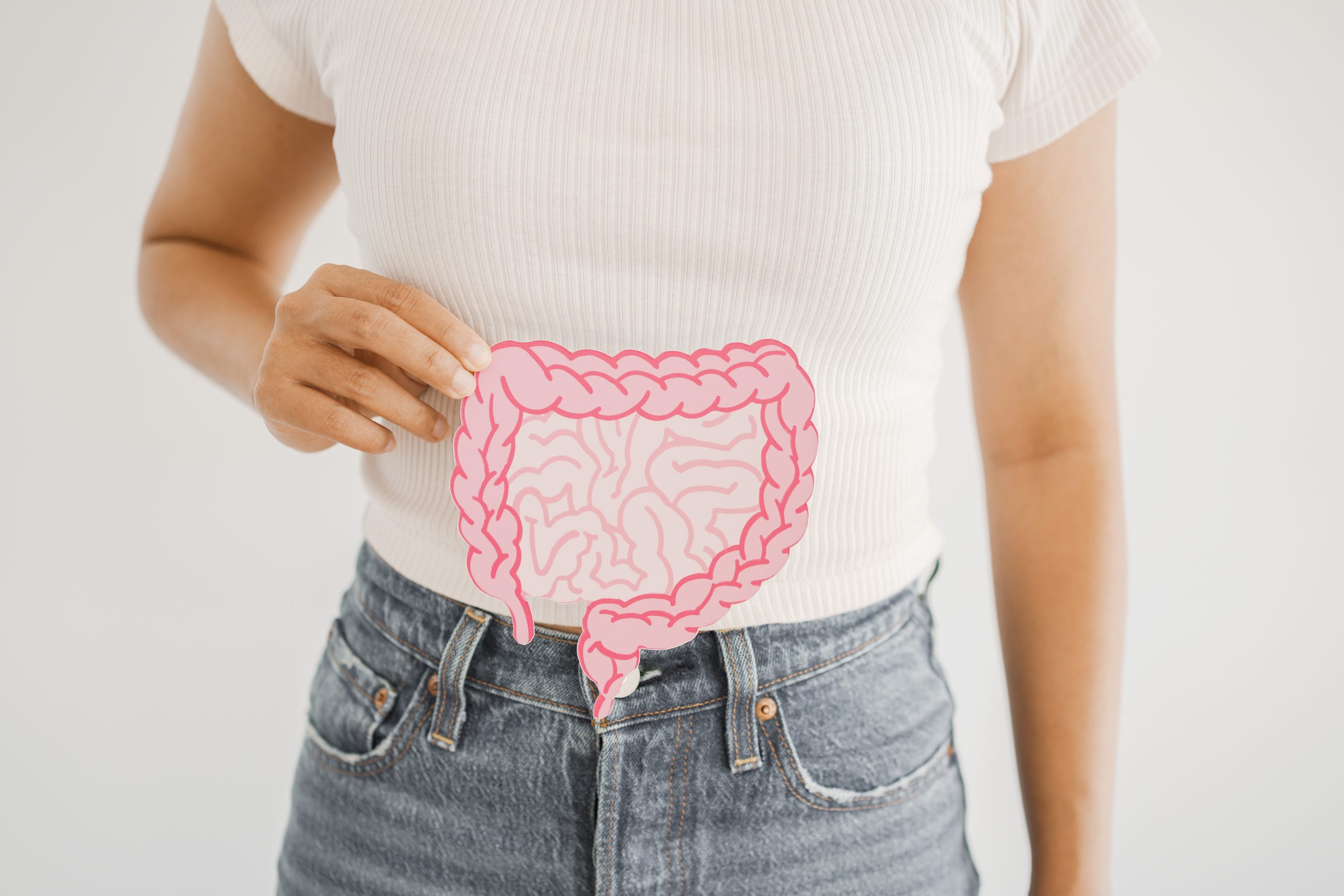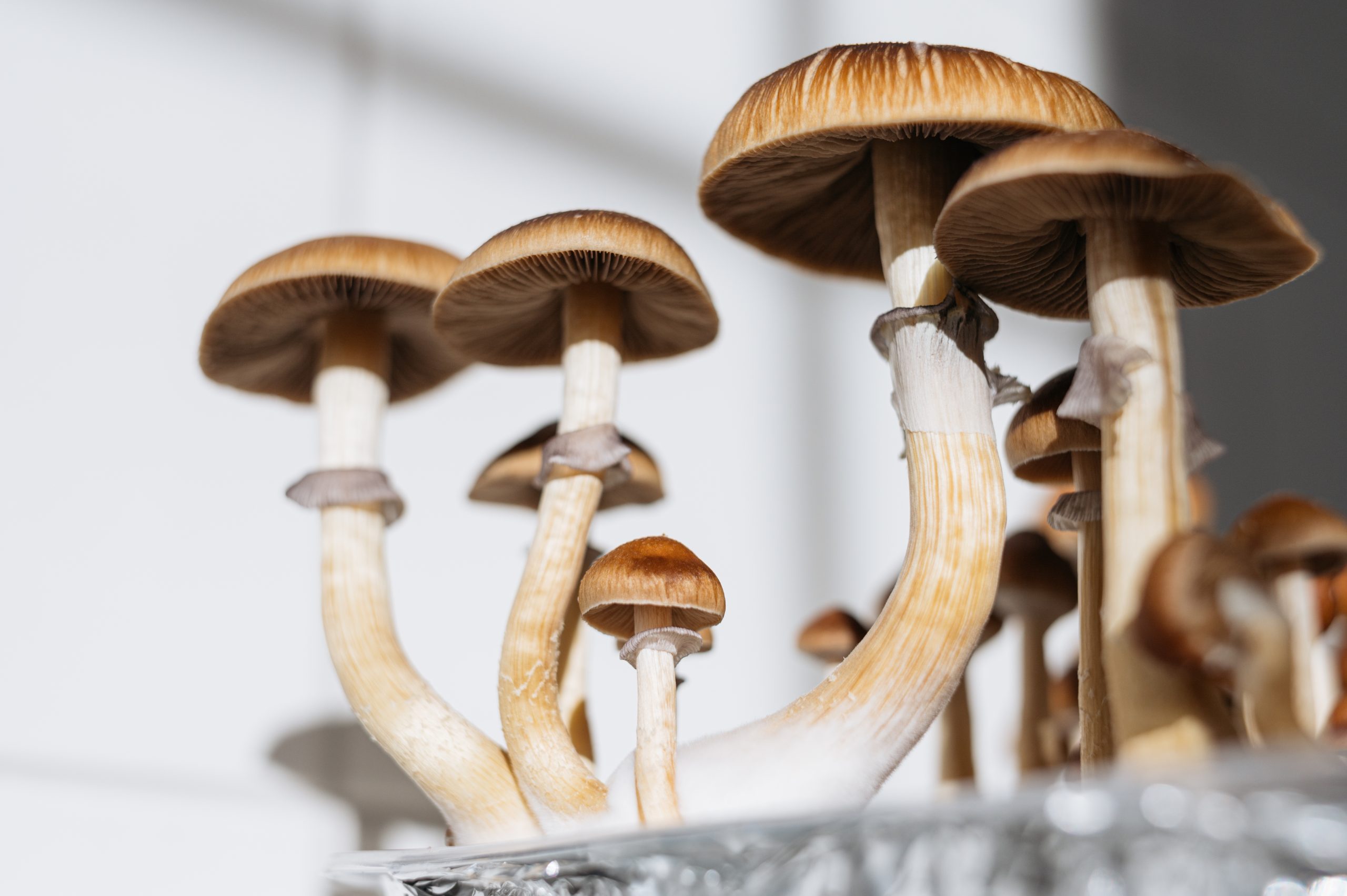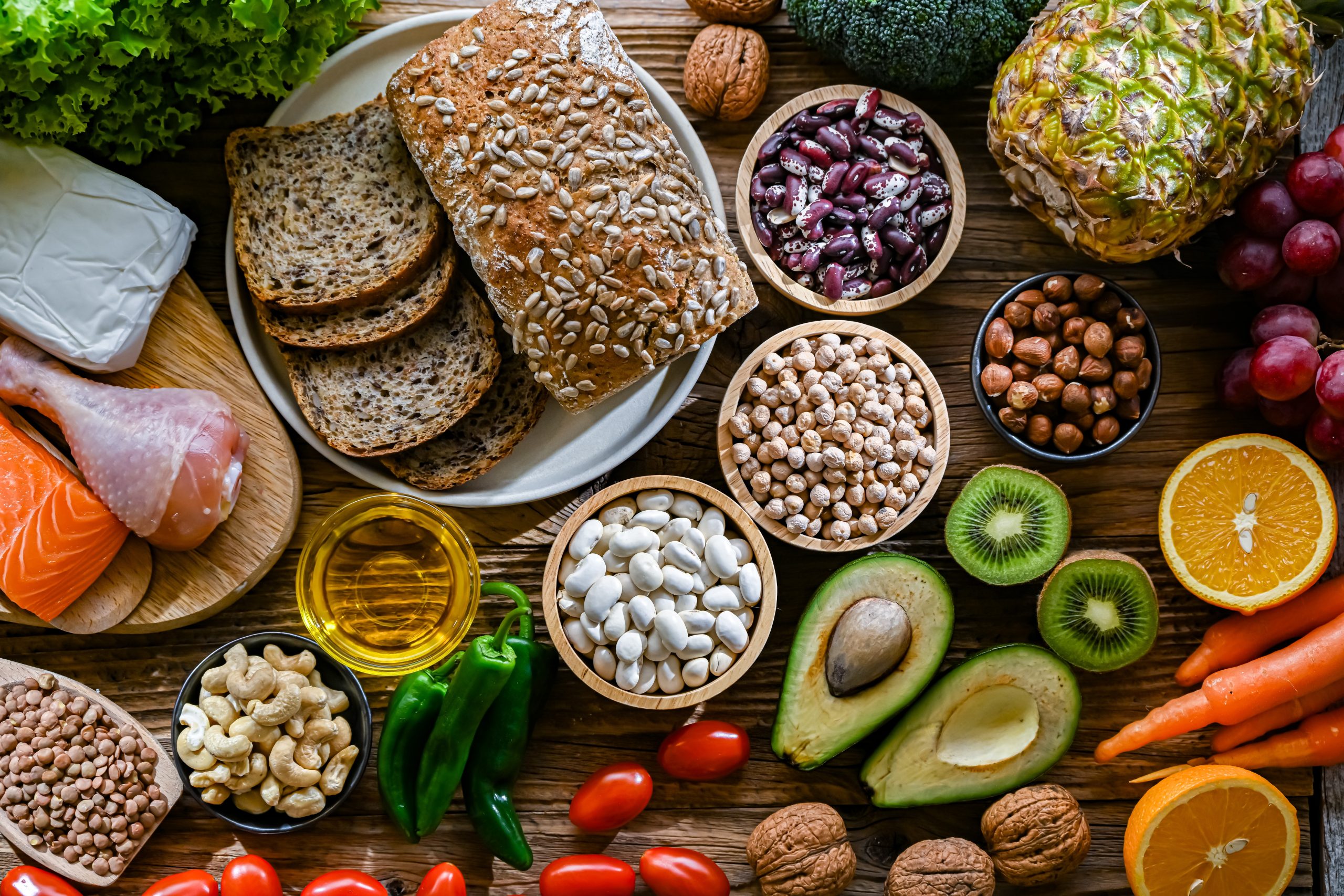Antioxidant-rich superfoods may be the key to protecting your kidneys from damage while providing numerous other health benefits for your entire body.
At a Glance
- Berries, apples, red bell peppers, cabbage, and garlic are among the top antioxidant-rich foods that support kidney health.
- Antioxidants in these superfoods combat harmful free radicals, reducing inflammation and improving kidney function.
- People with kidney disease should follow a diet low in sodium, potassium, and phosphorus while including appropriate antioxidant-rich foods.
- Proper hydration with water is essential for flushing toxins through the kidneys.
- A balanced approach to superfoods should be maintained as they’re beneficial but not a magical solution for kidney disease.
Understanding Kidney-Friendly Superfoods
Your kidneys work tirelessly to filter waste and excess fluid from your bloodstream, maintain electrolyte balance, and produce hormones that regulate blood pressure. As these bean-shaped organs age or face challenges from conditions like diabetes or hypertension, they may benefit from dietary support. Antioxidant-rich superfoods have emerged as powerful allies in maintaining kidney health, offering protection against oxidative stress and inflammation that can damage kidney tissue. These foods contain compounds that neutralize harmful free radicals, potentially slowing the progression of kidney disease and supporting overall renal function.
While no single food can guarantee kidney health, incorporating a variety of antioxidant-rich options into your diet creates a foundation for better renal function. For those with existing kidney disease, working with healthcare providers to develop an appropriate diet is essential, as some otherwise healthy foods may need to be limited based on your specific condition. The goal is to reduce the kidneys’ workload while providing nutrient support through carefully selected superfoods.
Top Antioxidant-Rich Foods for Kidney Support
Berries top the list of kidney-friendly superfoods, with cranberries, blueberries, strawberries, and blackberries all providing substantial antioxidant benefits. These colorful fruits contain flavonoids and other compounds that help reduce inflammation and may protect against urinary tract infections that can impact kidney health. Red bell peppers offer another excellent option, providing vitamins A, C, and B6, along with folic acid and fiber, with minimal potassium—making them suitable even for those on restricted kidney diets. Their bright color indicates the presence of powerful antioxidants that help neutralize damaging free radicals.
Cabbage, cauliflower, and other cruciferous vegetables deserve special attention for their kidney benefits. These vegetables are high in phytochemicals that support the body’s detoxification processes while remaining low in potassium. Garlic and onions provide sulfur compounds that help detoxify the blood naturally. Apples offer pectin, a soluble fiber that helps remove toxins and cholesterol from the blood, easing the burden on your kidneys. For protein sources, egg whites and fish—particularly fatty fish rich in omega-3s—provide quality nutrition without excessive phosphorus that can burden compromised kidneys.
Balancing Nutrients for Optimal Kidney Function
For those with kidney disease, managing specific nutrients becomes critical. A renal diet typically restricts sodium, potassium, and phosphorus—minerals that can build up in the blood when kidneys aren’t functioning optimally. Sodium restriction helps control blood pressure and fluid retention, while potassium and phosphorus limitations prevent dangerous electrolyte imbalances. Even with these restrictions, plenty of antioxidant-rich foods remain available. Focusing on foods like red cabbage, red leaf lettuce, apples, cranberries, and carefully selected berries provides antioxidant benefits while staying within dietary guidelines.
Water deserves special mention as the ultimate kidney-supporting beverage. Proper hydration helps your kidneys efficiently filter waste products and maintains optimal blood flow to these vital organs. For most people with healthy kidneys, drinking 8-10 glasses of water daily supports kidney function without adding potassium or phosphorus. Spices like cinnamon, turmeric, and oregano offer additional antioxidant benefits while enhancing flavor without sodium. A heart-healthy approach that limits saturated fats while incorporating healthy oils like olive oil supports kidney health indirectly by maintaining healthy blood vessels that supply these organs.
Practical Approaches to Kidney-Supportive Eating
Implementing a kidney-friendly diet doesn’t require drastic changes. Start by incorporating one additional serving of antioxidant-rich vegetables or fruits daily. Gradually reduce sodium by using herbs and spices instead of salt. For those without kidney disease, prevention remains the best approach—maintaining healthy blood pressure and blood sugar levels while staying well-hydrated creates an environment where kidneys can thrive. If you have kidney disease, work with a registered dietitian specializing in renal nutrition to develop a personalized eating plan that includes appropriate superfoods while respecting your specific restrictions.
Remember that nutritional needs change over time, especially as kidney function changes. Regular monitoring of kidney function through appropriate medical tests provides valuable information for adjusting dietary approaches. While superfoods offer significant benefits, they work best as part of a comprehensive approach to kidney health that includes medical management, physical activity, and stress reduction. By consciously including antioxidant-rich foods within your appropriate dietary framework, you provide your kidneys with powerful allies in their vital work of maintaining your body’s internal balance.


